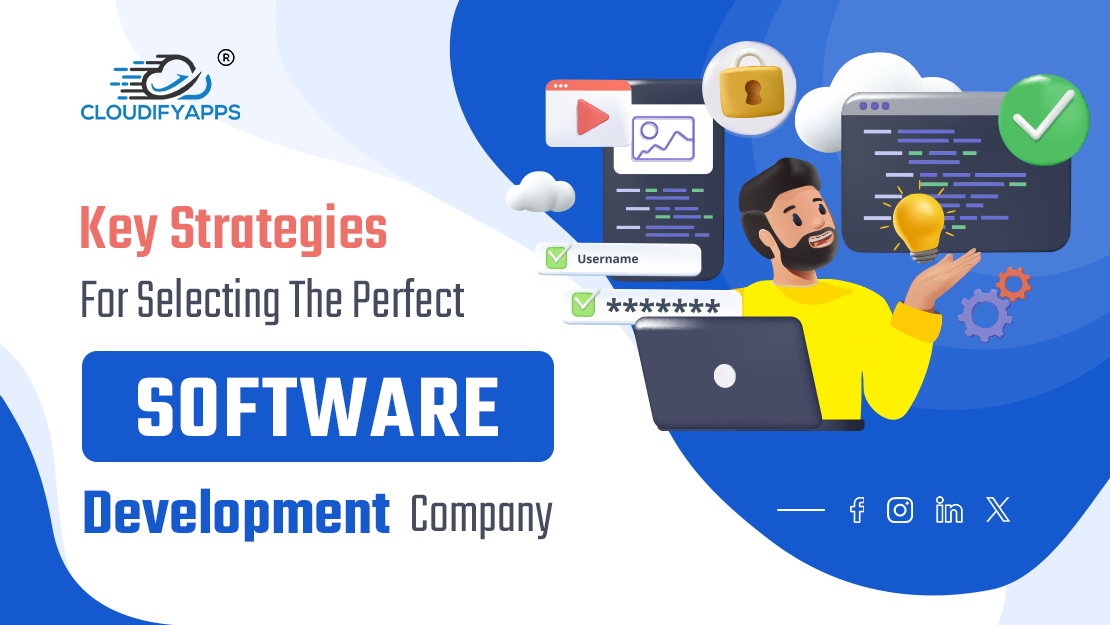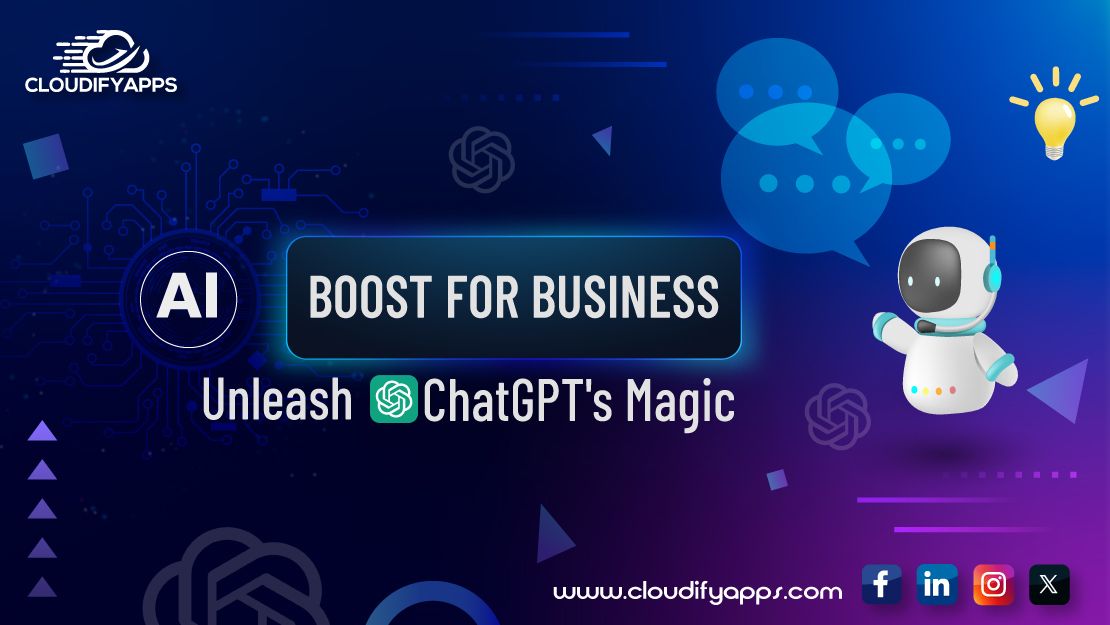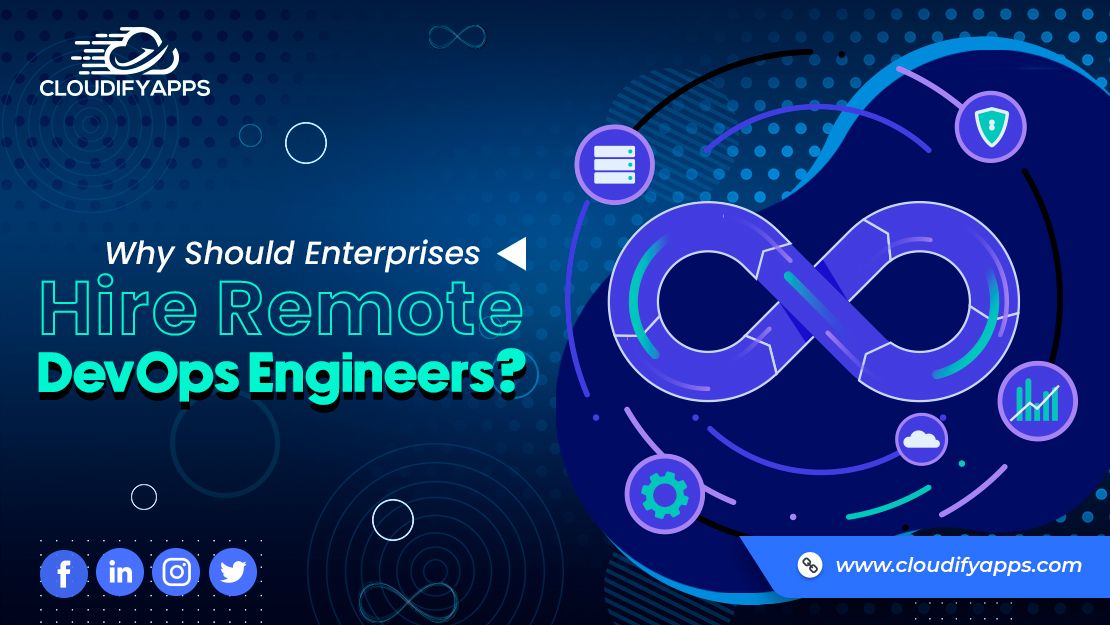
Hiring Remote DevOps Engineer Can be a Game Changer for Your Business
Many companies are still reeling from the shockwave of COVID-19. They are still struggling to find their footing in a world where they have to deliver high-quality software faster than ever. This challenge doesn't seem to go away anytime soon, especially with more companies adopting DevOps practices.
Also, many companies that adopted remote working during the pandemic now enjoy the benefits of a more agile workforce and don't want to return to a traditional office environment. These factors are driving software companies to hire remote DevOps engineers and other remote developers, and the demand for these skills is growing.
If you're still on the fence about whether or not to hire remote DevOps engineers from DevOps companies, this article gives a good overview of why you should.
Common Challenges in Software Product Development
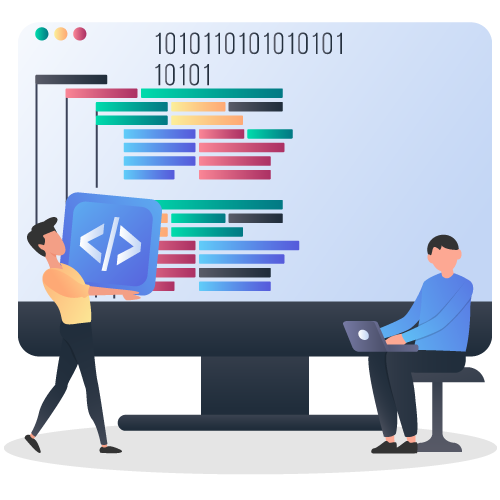
Developing software is all about producing a high-quality product on time. However, this purpose is often at odds with itself due to the complexity of software development projects.
For example, a typical software project may consist of dozens or even hundreds of tasks that need to be met before it's ready for release. It can also involve many teams working together remotely across different time zones and locations.
Managing these resources efficiently can be challenging because there are so many moving parts involved in every project.
Other Challenges Include:
- No strategy or an unclear vision
- No goals to achieve
- Wrong software development methodology
- Lack of competence
- Technological debt
- Lack of continuous integration
- No automated testing
- Lack of metrics and feedback
- Lack of proper documentation
- Separate product development from maintenance work and support
Read Also: Top DevOps Trends in 2022 That Would Positively Disrupt The Development Space
Who is a Remote DevOps Engineer?

A DevOps engineer is a skilled personnel who is responsible for developing, deploying, and maintaining software applications. They ensure that the software runs smoothly and efficiently, without any errors or issues that could cause downtime. DevOps engineers are part of a larger team of developers and IT professionals who work together to support their organization's business needs.
A remote DevOps engineer is a person who works from home or another location and uses technology to communicate with other members of their team.
This role requires a good deal of technical knowledge and excellent communication skills. They need to be able to demonstrate complex ideas in simple terms so that other people can understand them clearly.
Remote DevOps engineers are also adept at digital transformation and various automation techniques. These skills are essential in the workplace, especially as businesses move toward a more digital approach to doing business.
What are the Responsibilities of Remote DevOps Engineers?
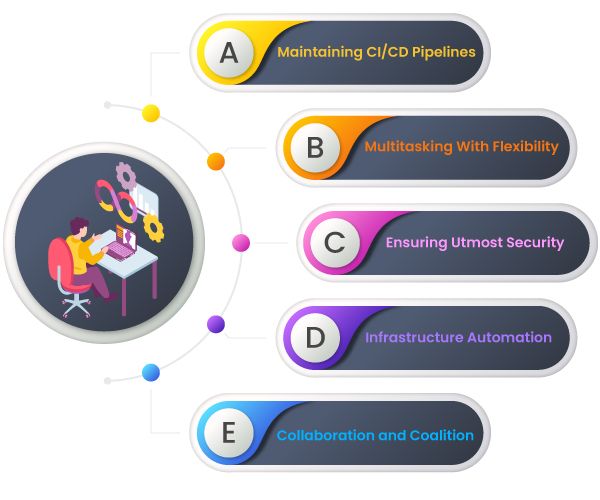
Remote DevOps engineers have a wide range of responsibilities. These responsibilities include:
- Maintaining CI/CD Pipelines: Remote DevOps engineers are responsible for maintaining their organization's CI/CD pipeline. This usually involves setting up Jenkins and configuring it according to the organization's needs. They also need to set up any additional tools that may be required, such as GitLab or SonarQube. This step aims to ensure that everyone in the company can see what changes have been made on a project and when they were made.
- Multitasking With Flexibility: Remote DevOps engineers must be able to multitask and prioritize tasks effectively. They need to remain flexible, as well, because unexpected events may arise at any time.
- Ensuring Utmost Security: Remote DevOps engineers need to ensure that the systems they're working on are secure and protected against cyberattacks. They should be familiar with various security protocols, such as two-factor authentication and encryption, to implement them when needed.
- Infrastructure Automation: Remote DevOps engineers must be able to automate the deployment and management of infrastructures, such as servers, storage devices, and networks. They should also be familiar with the tools that can make these processes easier, like Puppet and Chef.
- Collaboration and Coalition: Remote DevOps engineers need to be able to work collaboratively with other members of their software development teams. They should communicate effectively and efficiently with those individuals and understand how they can help each other.
Reasons you Should Hire Remote DevOps Engineers from DevOps Companies
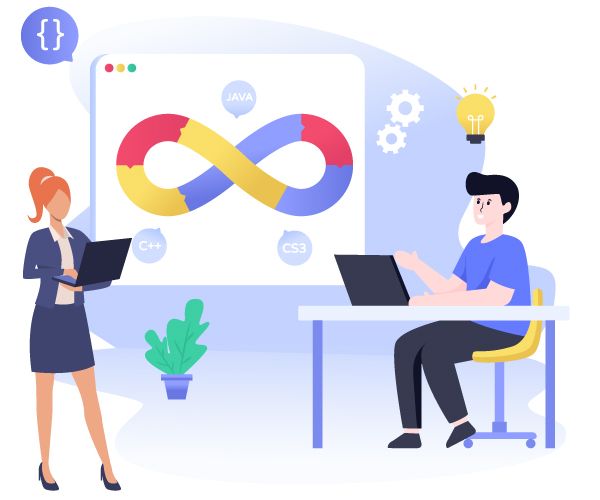
Software companies often cannot find enough local talent in their operating areas, which can be a huge challenge. Hiring remote DevOps engineers is one way to get around this issue and fill any gaps in your team. Remote DevOps engineers will also help you:
- Streamline Infrastructure and Update Configurations: Software infrastructure is a huge part of your company's operations. When remote DevOps engineers are hired, they can help you streamline and update your software's infrastructure. They can also help with configuration management and other tasks related to software development.
- Automate Builds, Tests, and Development Processes: DevOps engineers can help automate all the tasks associated with software development. They'll streamline your build, test, and development processes to run more efficiently. This can decrease the time it takes for new features to get from idea to implementation, which makes your company more competitive in a market where speed is essential.
- Innovate and Deliver Outcomes Internally and Externally: DevOps engineers can help you innovate and deliver results internally and externally. They're skilled in creating new methods for delivering software faster, which allows your company to compete with other companies that also offer products and services online. They can also help you gain a competitive advantage by ensuring your software is more secure than other offerings on the market.
- Eliminate Collaboration and Communication Confusion Between Dev and Ops Teams: One of the biggest challenges in software development is getting Dev and Ops teams to work together. They're often siloed, which can lead to confusion and frustration. A DevOps engineer can help you eliminate these communication confusions by bringing together the right people at the right time. This ensures that everyone knows what's happening with your software, which helps eliminate errors and improve efficiency.
Read Also: DevOps Services For Startups: The Facts Behind Its Reign Over IT Enterprise
Pros of Hiring a Remote DevOps Engineer from Top DevOps Companies in India
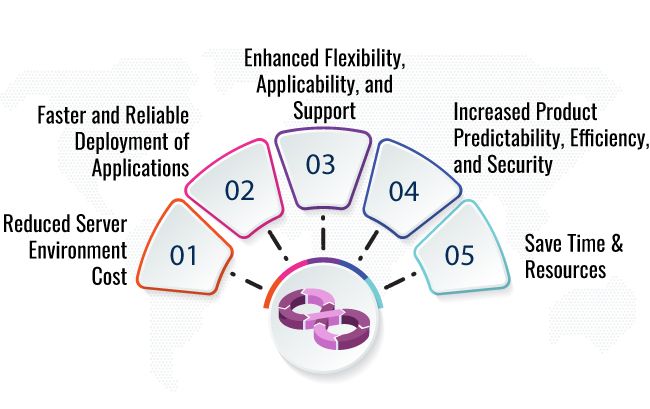
There are several advantages to hiring a remote DevOps engineer, including:
- Reduced Server Environment Cost: The cost of maintaining a server environment can be high, especially if you have multiple applications that need to be hosted. As per DevOps consulting firms, a remote DevOps engineer can help reduce this cost by managing the server environment remotely. This allows your company to pay for only what is needed rather than investing in expensive servers that aren't being used at all times.
- Faster and Reliable Deployment of Applications: DevOps engineers are responsible for deploying new applications and ensuring they work properly. If a remote DevOps engineer manages your server environment, it's easier to deploy new applications because their systems will already be configured correctly. This means you can get new features into production faster by pushing out code changes rather than waiting for someone in-house to configure your servers each time a change needs to be made.
- Enhanced Flexibility, Applicability, and Support: When a remote DevOps engineer manages your server environment, it's easier to handle special requests. For example, if you need more capacity or want to change the amount of memory assigned to your database servers, you can make that request remotely without waiting for an in-house engineer to get involved. It also means that if there are any issues with your application stack or infrastructure, these are identified faster and fixed more quickly than if someone handled them in-house.
- Increased Product Predictability, Efficiency, and Security: The ability to predict your application's performance and the quality of your infrastructure is one of the essential benefits of having a remote DevOps engineer. You can schedule updates, deploy new features, or support changes more efficiently than before. In addition, if you're dealing with security issues on an ongoing basis (such as when handling customer data), having someone remotely who can address these problems quickly can help reduce downtime significantly.
- Save Time and Resources: One of the biggest benefits of having a remote DevOps engineer is saving time and resources. This can be especially advantageous if you don't have a large team or your organization is already stretched thin. By outsourcing some of the responsibilities to someone with the required skills and experience, you can free up your internal engineers to focus on other tasks that are more important than routine maintenance tasks.
How to Choose the Right DevOps Engineer for Your Needs
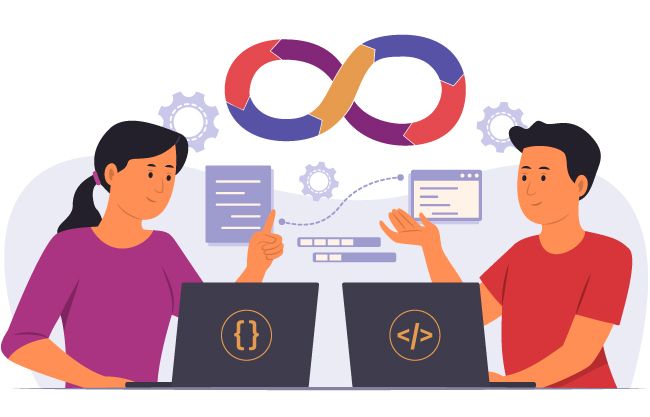
DevOps engineers are a very specialized group of people, and it can be challenging to find the right one for your needs. To help you make an informed decision about whether or not it's worth outsourcing DevOps tasks, here are some tips to help you choose the right person for your organization:
- Find Highly Motivated and Passionate Individuals: You will want to find someone that is motivated, passionate, and has a good work ethic. This will ensure that the person you hire can hit the ground running as soon as they join your team. A good candidate will also have experience working with other companies in a similar industry to yours and an understanding of how DevOps works.
- Focus on Your Specific Needs: When looking at candidates, be sure to focus on their experience and skills in relation to the tasks that need to be outsourced. For example, if your company has an issue managing its software development lifecycle (SDLC), then a candidate with experience managing that process would be a good fit for your organization.
- Check a Candidate's Educational Background and Skills: The candidate's educational background and skills are also essential factors to consider. While not every candidate will have a degree in computer science, it is helpful if they have some experience with coding or software development. When interviewing candidates, ask about their experience with coding languages like Java, Python, or Ruby on Rails.
- Understand Your Requirements on a Deep Level: The key to finding a suitable candidate is to understand your needs on a deep level. You should know what you are looking for in terms of skills and experience and the type of personality that will fit well within your organization. Once you have this knowledge, finding candidates who match your needs will be easier.
- Source Candidates from Various Platforms: Don't make the mistake of relying on just one route to get the best candidates. Instead, you should use multiple platforms, including job boards like LinkedIn or Indeed. You could also consider asking your employees for recommendations or hiring someone through an agency like Talent Connect. Finally, you could use social media platforms to find potential candidates and invite them for interviews at a later point in time.
- Appeal to Candidates Beyond Salary and Benefits: Remote DevOps engineers are in high demand, so that you will have plenty of applicants. However, that doesn't mean you can afford to overlook the other factors that will make your job offer more appealing—such as flexible working hours and opportunities for career progression. You could also consider offering remote workers additional perks such as training or education funding.
Hire Remote DevOps Engineers From a DevOps Company
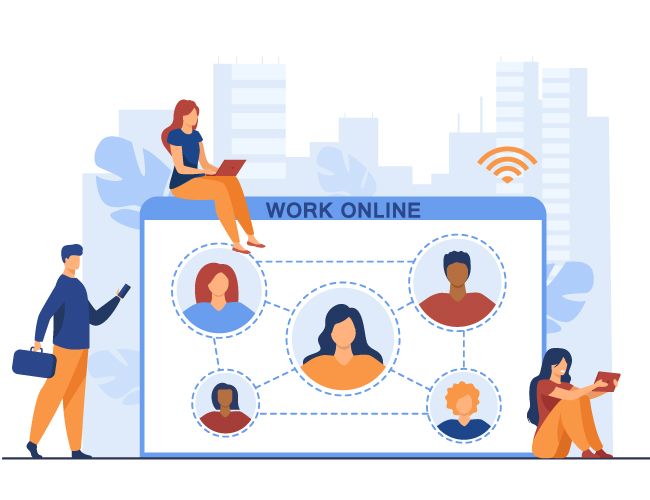
If you are hiring remotely, you will want to ensure that your remote DevOps engineers have the right skills and experience to fit into your company culture.
A DevOps consulting firm can help with this process by providing expert advice on attracting and retaining the best talent in the industry. They will also offer a range of services for your business, including recruitment, training, and development—ensuring that all of these aspects work together seamlessly.
Read Also : Why DevOps is Important to CEOs: Business Value and Benefits
Conclusion
Hiring remote DevOps engineers from DevOps companies can be a great way to grow your business. You can afford to hire more specialized, experienced, and talented individuals without worrying about relocating them or finding housing for them in the area.
Popular Tags
Recent Posts
How To Choose The Right Software Development Company For IT Resource
ChatGPT for Commercial Use: How to Enhance Any Business With AI
Enhancing AI with Retrieval-Augmented Generation for Precision and Relevance
Smart Retailing with ChatGPT: 2023's Supply Chain Breakthroughs
We are at




















